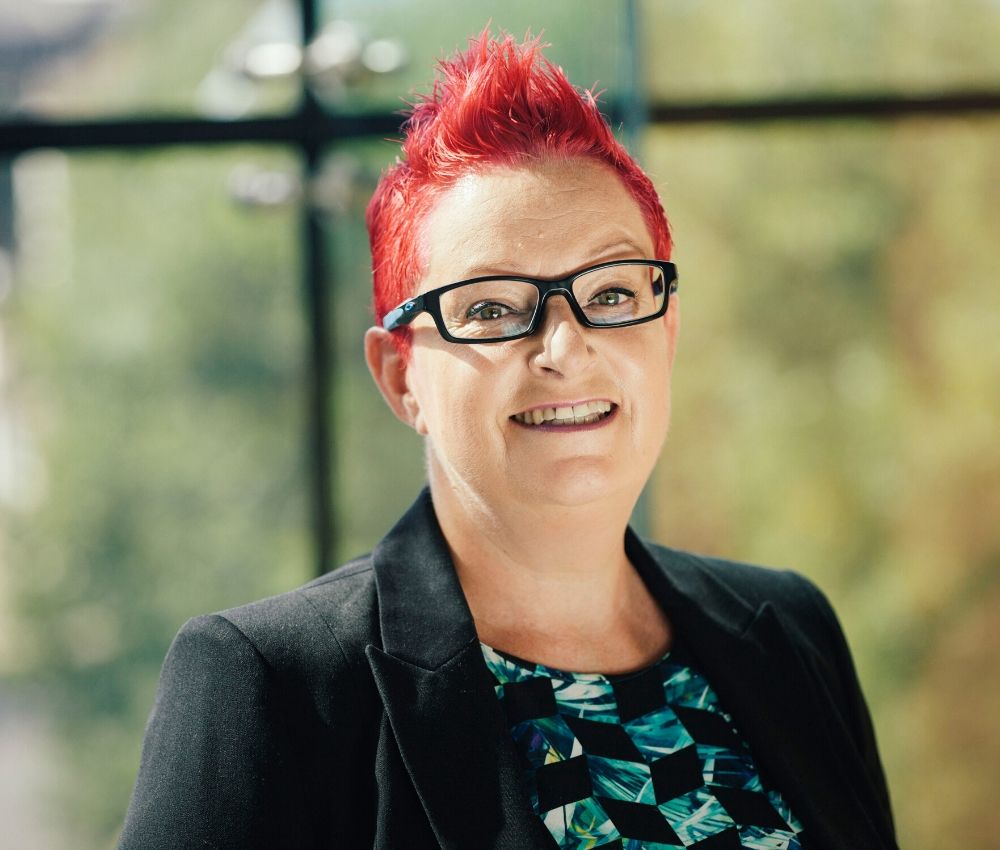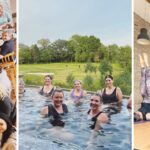- Work Hard
- 19th Jun 2020
- 739 Views
- 0
- 1 minutes
“My message to anyone from a background where they weren’t brought up to succeed is, we can all do it.”

Professor Sue Black is Durham University’s technology evangelist and the woman doing her best to put computer science on the equality map.










Comments